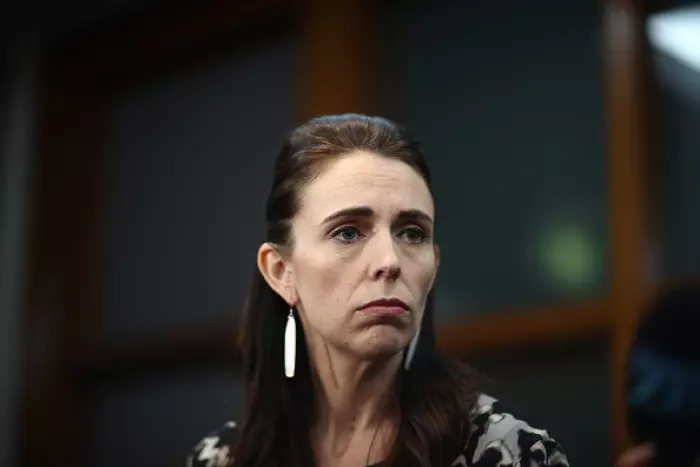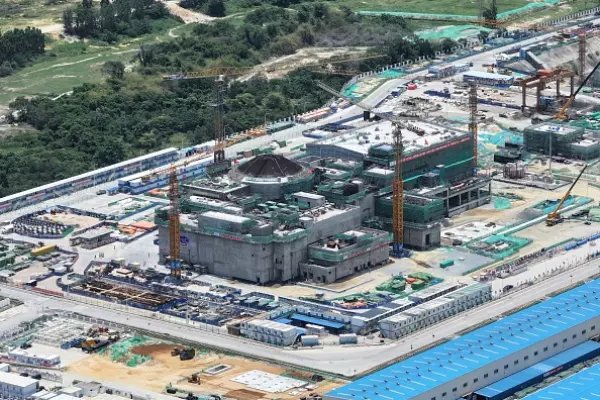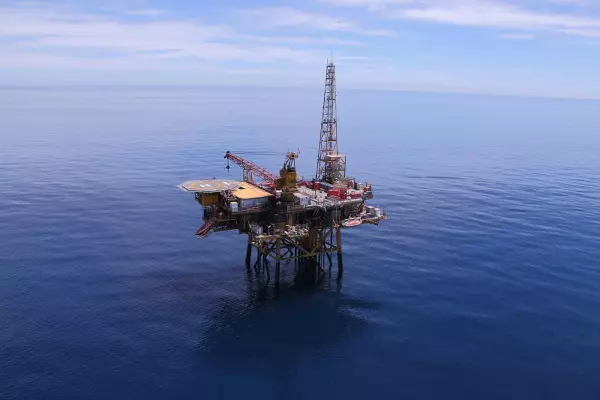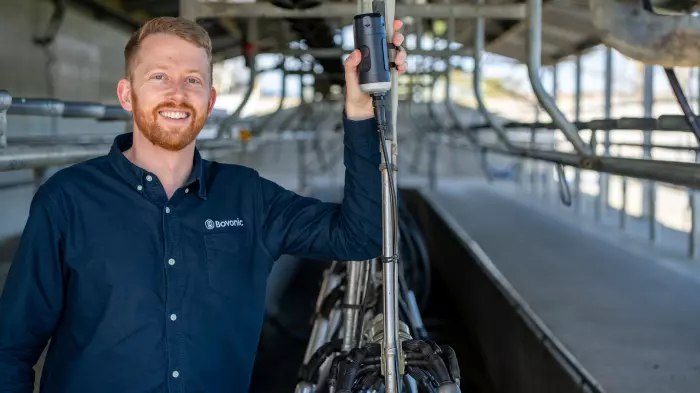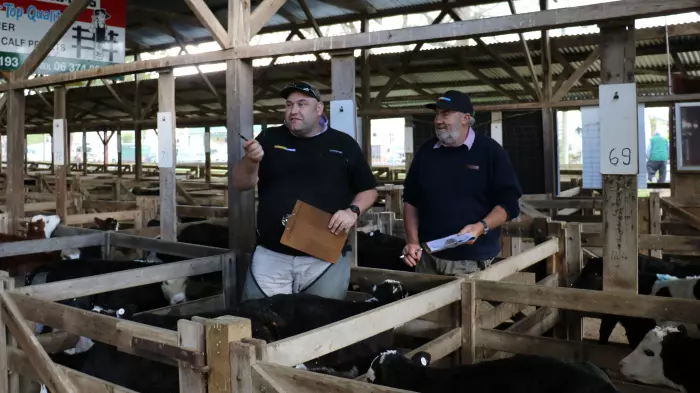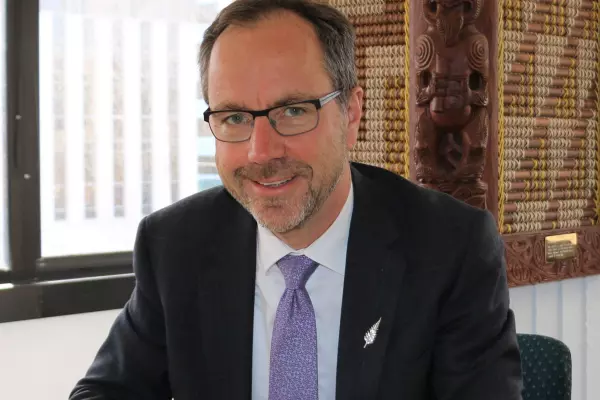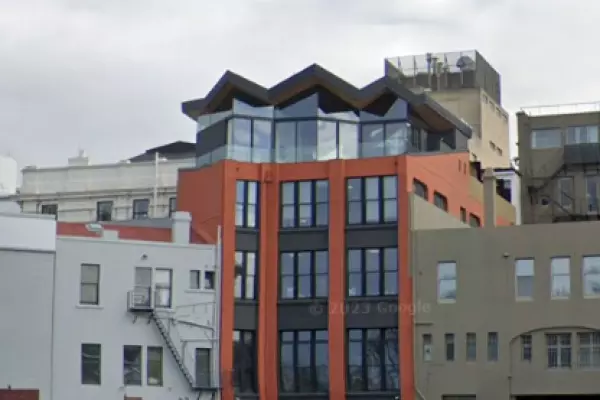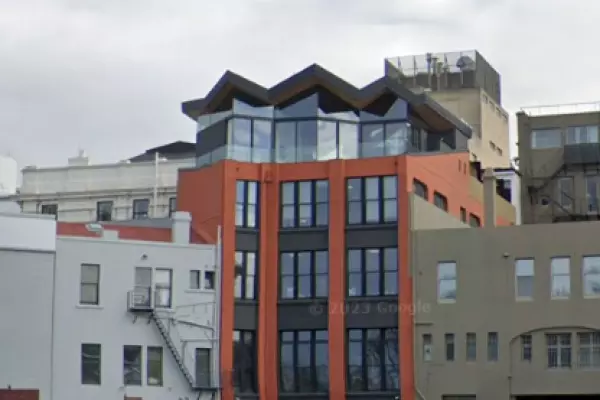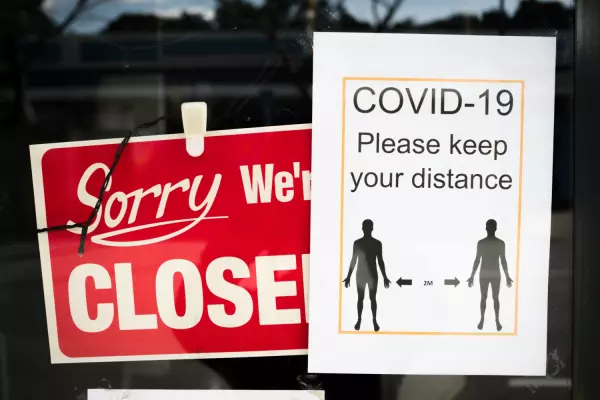Prime minister Jacinda Ardern begins the political new year in earnest with the announcement of the “new plan” required to combat the inevitable spread of the highly transmissible omicron variant of covid-19 through the New Zealand population.
In opening remarks to the Labour party’s caucus retreat at a coastal resort south of New Plymouth, Ardern said omicron was a “different foe”.
“Now we will experience cases in New Zealand at a level we haven’t experienced before.”
However, most cases would recover at home because high vaccination rates would reduce the severity of illness for most who contracted the virus.
They were her most explicit comments yet about the extent to which NZ’s previous approaches to covid – elimination and then suppression – will not work once omicron gets into the community.
Two further cases of omicron have been confirmed in the community in Auckland overnight, with Auckland district health board documents leaked to Māori TV estimating that once omicron becomes established in NZ, total daily cases of around 50,000 can be expected over a 12-to-16 week outbreak.
With Ardern and covid response minister Chris Hipkins already conceding omicron will become established, the prime minister said the latest variant represented a “different challenge” to previous variants.
While NZ had suppressed the prevalence of the delta covid variant better than many other countries and was among the most highly vaccinated populations in the world, omicron was a “different foe” and there were likely to be more variants after omicron.
She rallied her caucus troops saying she felt resolute and confident, particularly because the approach to delta had worked and given New Zealanders a summer holiday, while the rollout of boosters and vaccination for five-to-11 year-olds was putting NZ in a position that many other countries were not in.
“This time last year, we were not vaccinated,” she said. Now, as well as vaccination, there were anti-viral drugs becoming available.
Ardern is expected to announce any changes to the so-called ‘traffic light’ covid protection system this afternoon, with the only likely move being a possible reduction in the ‘red’ status of the Northland region falling to orange.
However, of greater significance will be the detail of announcements that are expected to cover how the government will approach the almost inevitable omicron surge.
Hipkins yesterday would not be drawn ahead of a cabinet discussion yesterday afternoon, but acknowledged the concern that there could be very high levels of workers off work during the outbreak, that it was a matter of judgement as to whether to let the virus peak fast or try to spread out its impact, and that the need for MIQ for arrivals from offshore could be greatly reduced once the virus was established here.
Among considerations is the extent to which the timing of the outbreak can be ‘controlled’ to occur in late summer rather than drifting into winter, when it would coincide with the winter flu season and potentially put greater strain on the public health system.


